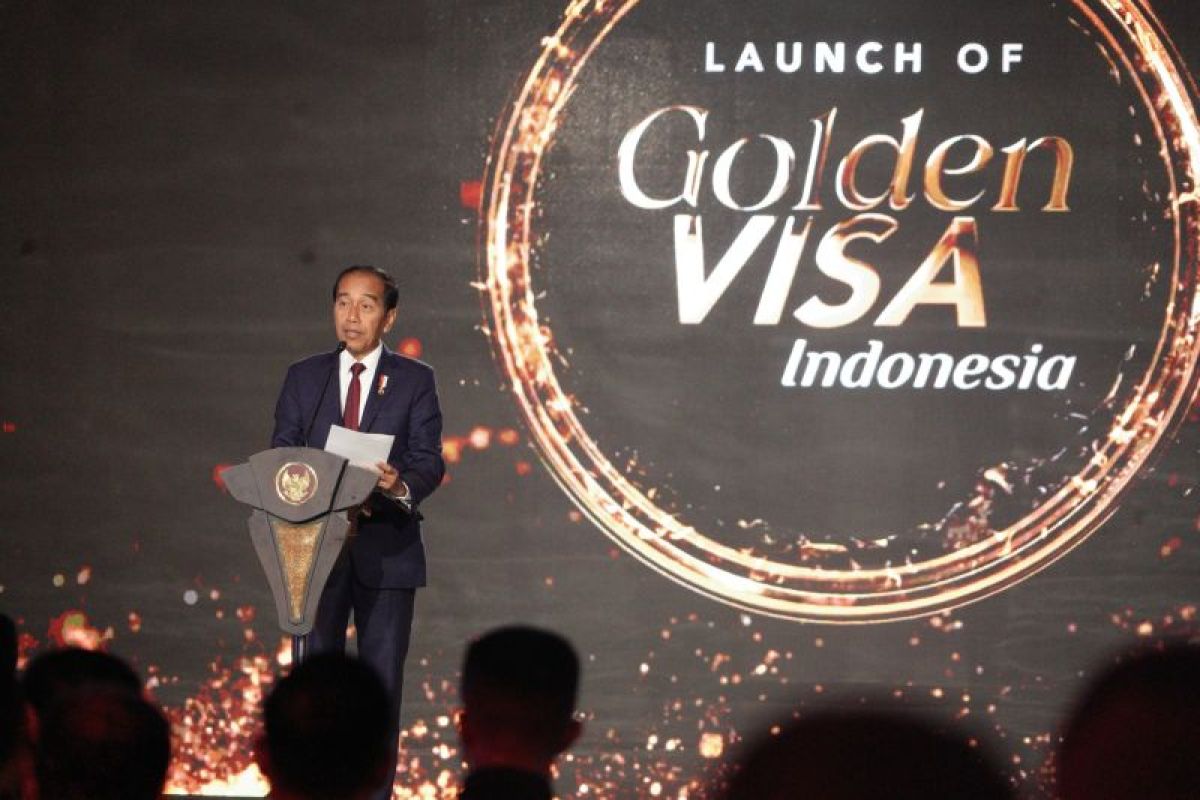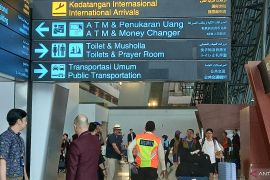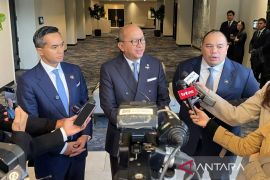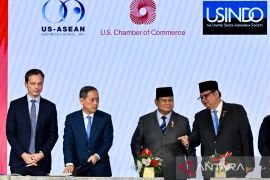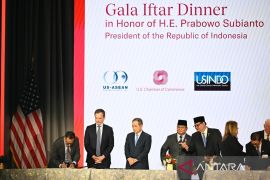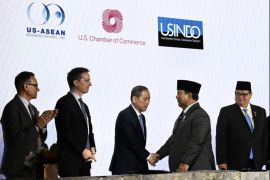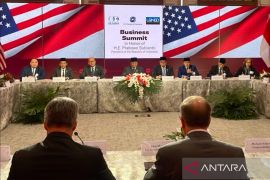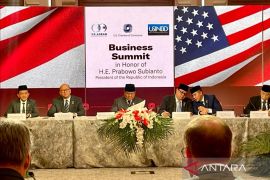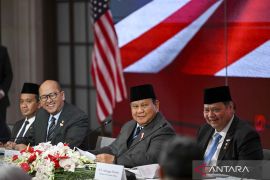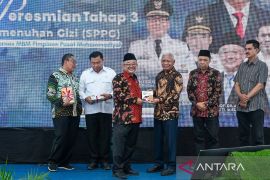Through the issuance of the Golden Visa, Indonesia is eyeing high-quality travelers and aspiring to become a promising investment haven and a proper second home to profitable investors, global talents, and world figures.
The launch and implementation of the Golden Visa have legal roots in the Law and Human Rights Minister’s Regulation No. 22 of 2023 concerning visas and residence permits, and the Finance Minister’s Regulation No. 82 of 2023 on non-state revenue related to the Golden Visa.
With the newly launched facility, Indonesia aims to provide a higher level of convenience to foreign nationals keen on investing in its territory.
The visa grantees are entitled to an array of exclusive benefits, including a residence permit valid for five to 10 years, priority immigration services at international airports, and the absence of a need for a limited stay permit (ITAS).
The visa facility is targeted at several groups of people, such as individual investors, corporate investors, former Indonesian citizens and their descendants, talented global individuals, and prominent world figures.
Indonesia's Strategic Position
Minister of Law and Human Rights Yasonna Laoly stated that the Golden Visa facility helps Indonesia solidify its strategic position in the eyes of the international community, as it facilitates more people to contribute to the country’s development.
He described the Golden Visa as an adaptive and responsive policy formulated by his ministry's Director General of Immigration with the objective of providing a higher level of convenience to foreigners keen on residing in Indonesia.
Laoly also affirmed that the visa facility gives business actors and investors new hope of acquiring comfort and certainty while investing in Indonesia.
The Golden Visa is designed as an instrument for Indonesia to reap far-reaching benefits, such as higher capital gains, more job opportunities, the transfer of technology, and improvements in the quality of national human resources.
As of its launch date, the Golden Visa has been granted to 300 foreign nationals, bringing Indonesia an inflow of Rp2 trillion (around US$123.5 million) in investment.
“The figures will surely continue to rise,” remarked Director General of Immigration, Silmy Karim.
Golden Visa applicants must state their commitment to placing capital in Indonesia. They can develop a company of a certain value, purchase investment instruments in the capital market, buy properties, or place funds in state-owned banks.
The type and value of the requisite investment are determined based on each applicant's profile, whether they apply as individual investors or corporate investors, and whether they intend to establish a new company.
To earn a five-year residence permit, an individual investor keen to form a new company in Indonesia must invest a minimum of US$2.5 million. Those looking to stay for a decade need to place at least US$5 million in capital.
Representatives of a parent corporation aiming to obtain a five-year residence permit and develop a new company are obliged to invest US$25 million, while those eyeing a 10-year residence permit need to invest US$50 million.
An individual investor keen on applying for a Golden Visa to obtain a five-year residence permit without planning to establish a new company needs to place US$350,000 in capital. The determined value is doubled for those seeking a decade-long permit.
Government's Commitment
This year, the Indonesian government is targeting to grant Golden Visas to as many as 1,000 people.
However, it is worth noting that despite the visa facility being a promising instrument for Indonesia, it can also lead to economic and social issues in the absence of proper management and a strict issuance mechanism.
Acknowledging the likely drawbacks of the Golden Visa, President Jokowi deemed it critical that Indonesia be highly selective in offering and granting visa convenience to foreign citizens.
"We cannot afford to grant the facility to people who can pose threats to our national security or those not bringing any benefits to the nation," he stressed.
Jokowi affirmed that Indonesia would only provide the visa facility to reliable and high-quality travelers, adding that the government would evaluate the facility every three months.
According to Immigration Director General Karim, the Indonesian government has forged collaboration with Interpol and an international anti-money laundering body to assess the eligibility of foreign nationals keen on obtaining the Golden Visa.
Moreover, the Immigration Directorate General has teamed up with relevant ministries and agencies, such as the Maritime Affairs and Investment Coordinating Ministry, Investment Ministry, Finance Ministry, and Financial Transaction Reports and Analysis Center (PPATK).
Karim said that his office would not grant Golden Visas to just anyone and would monitor visa holders during their stay in Indonesia.
He emphasized that the Immigration Directorate General would not hesitate to revoke the visa granted if their holders were to break immigration rules or if the government were to find issues related to their investment.
“Our office is manned by experts in intelligence and surveillance. After granting the Golden Visa, we will monitor the holders,” Karim affirmed.
Such a working mechanism is expected to help ensure that the issuance of the Golden Visa will truly bring significant benefits to the nation.
Related news: Sandiaga upbeat about Golden Visa driving investment in tourism
Related news: Golden Visa affirms Indonesia's strategic position: Minister Laoly
Translator: Fath P, Tegar Nurfitra
Editor: Anton Santoso
Copyright © ANTARA 2024
